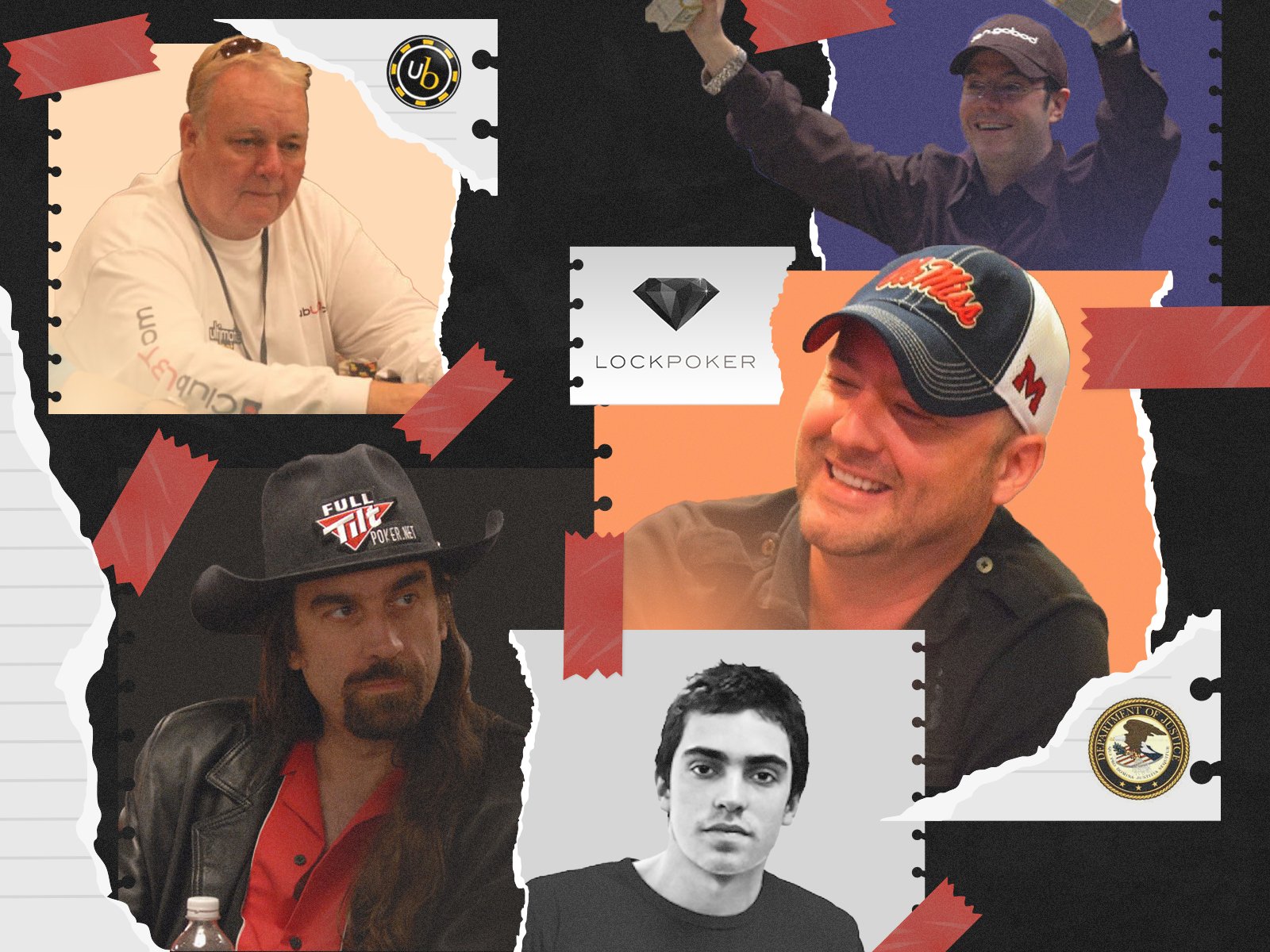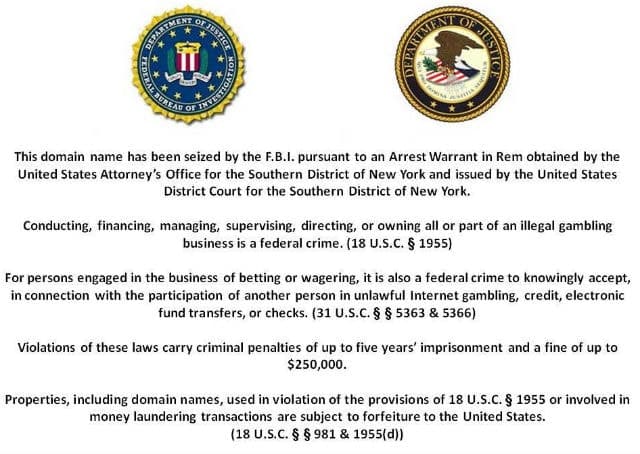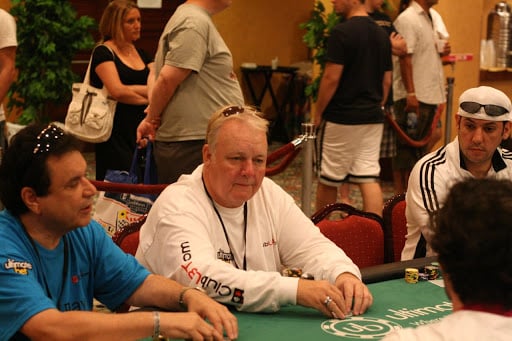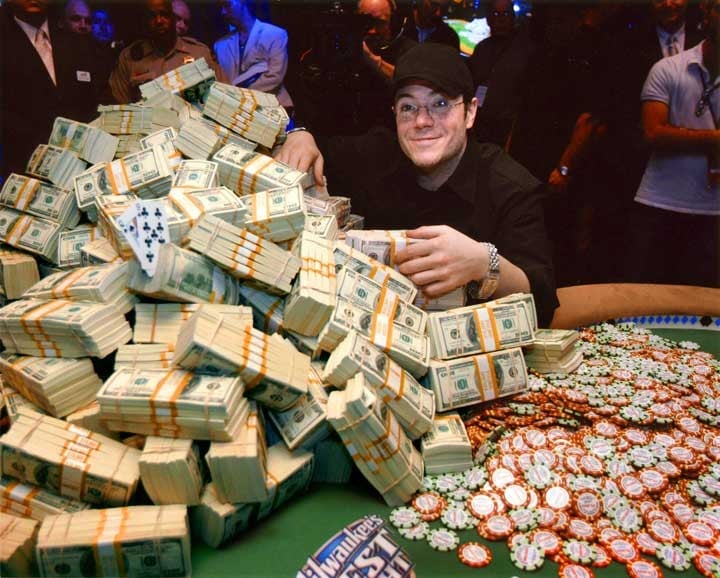Unraveling the Top 10 Most Notorious Poker Scandals in History

Introduction: When Poker Goes Wrong
Poker is a game rich with drama, skill, and high-stakes temptation. While tournament victories and memorable hands make headlines, tales of deceit, betrayal, and audacious scams have at times overshadowed the competitive spirit of the game. Some of these scandals transformed the industry, while others momentarily shocked the community-yet each left an undeniable mark on poker’s landscape.
Below, we dive into ten of the most shocking scandals to ever rock the world of poker. These infamous stories aren’t ranked by their impact-every player has a unique view on which is the most significant. Instead, we explore how each incident unfolded and what lasting consequences they brought to the game.
The Black Friday Shockwave: Online Poker’s Darkest Day
No discussion of poker scandals is complete without mentioning the seismic events of “Black Friday.” On April 11, 2011, U.S. federal authorities unveiled indictments against the three industry giants of the time: PokerStars, Full Tilt Poker, and Absolute Poker/Ultimate Bet. The Department of Justice accused these sites of violating gambling laws and promptly seized their domains, halting poker action for players across the globe.

This swift crackdown left players suddenly shut out from their accounts and unable to access funds. While PokerStars managed to recover internationally and eventually repaid all players-including U.S. customers-others were not as fortunate. Full Tilt Poker was exposed as being unable to cover player balances, operating what investigators called a “Ponzi scheme.” The fallout resulted in iconic poker figures such as Russ Hamilton, Chris Ferguson, and Howard Lederer becoming synonymous with scandal. Although PokerStars later bought out Full Tilt and compensated affected players, the community’s trust was badly damaged.
Absolute Poker fared even worse, never regaining operation and leaving many players in limbo for years. Only a few saw partial repayments much later, using leftover funds from the Full Tilt settlement. Black Friday not only caused financial trauma, it permanently segregated U.S. players from the global online poker scene, fundamentally changing the industry as we know it.
Lock Poker Collapse: False Promises and Lost Millions

With the big sites retreating after Black Friday, smaller operators like Lock Poker seized the opportunity to grow, especially targeting desperate U.S. players. Lured by seemingly generous promotions, players migrated to the platform-only to face increasingly strict rules that prevented withdrawals. By April 2014, most users couldn’t cash out, and just a year later, the site was shuttered for good. Estimated losses for players reached around $15 million, but unlike in previous scandals, almost no one received compensation. Lock Poker’s demise served as a painful reminder of the risks posed by unregulated platforms during uncertain times.
Absolute Poker & Ultimate Bet: Unmasking the Super-User Cheating Rings
Before Black Friday, the online poker world faced another major crisis: the exposure of cheating “super-users” at Absolute Poker and Ultimate Bet. It started in 2007, when suspicions arose over a player named “POTRIPPER” at Absolute Poker. Investigation revealed this account could see opponents’ hidden cards, allowing strategic and near-superhuman play.
Similar concerns soon surfaced at Ultimate Bet, prompting the Kahnawake Gaming Commission to investigate. By 2008, it was confirmed that cheating had occurred over several years-spearheaded by Russ Hamilton. Illicit gains at Ultimate Bet alone exceeded $20 million.

Russ Hamilton. [Image: Cardschat]
Both sites admitted wrongdoing and offered some restitution, but the community’s confidence in online integrity was shaken to its core. If high-profile cheating could go unchecked for so long, where was the guarantee of fairness?
The Epic Poker League: High Ambitions, Sudden Downfall
Initially launched as an elite pro tournament series led by Annie Duke and Jeffrey Pollack, the Epic Poker League promised a $1 million freeroll finale. While the concept generated buzz in 2011, the timing was disastrous-coming right as Black Friday decimated online traffic and TV sponsorship interest.
Unable to fulfill its promises, the organization canceled its main event and declared bankruptcy in early 2012, leaving a debt of over $5 million. Players found themselves cheated of their chance at life-changing money, while organizers faced heavy criticism for their role in the debacle.
Jamie Gold Payout Drama: When Backing Goes Wrong

Image: jamiegold.com
Jamie Gold’s 2006 World Series of Poker victory and the $12 million prize captivated fans, but what followed was equally headline-worthy. Post-tournament, it was revealed that Gold had a private agreement to split winnings with his backer, Crispin Leyser. When Gold balked at paying, the matter went to court, eventually being settled privately. The details remained confidential, but the saga reinforced the need for clear, documented deals in big-money poker.
The ‘Girah’ Prodigy Scam: A Rising Star’s Rapid Fall

Image: Twitter/maisev
Jose “Girah” Macedo, once heralded as a teenage poker genius, was exposed in 2011 for orchestrating a brazen scam. After befriending and studying with top high-stakes players, he tricked fellow community members into allowing him to observe their games (so-called “sweats”) via Skype. He then secretly relayed card information to a co-conspirator, enabling them to defeat unsuspecting opponents systematically. When these patterns were discovered, Macedo published an admission and withdrew from public play, abruptly ending his once-promising career.
Chris Ferguson’s Return: The Controversial Comeback
Chris “Jesus” Ferguson, a central figure in Full Tilt Poker’s management, vanished from the spotlight following Black Friday. Years later, he reappeared at the 2016 World Series of Poker, provoking outrage from many who had lost funds in the Full Tilt fallout. Despite calls for his exclusion, event organizers allowed him to play, as there was no legal reason to stop him. Ferguson’s eventual on-camera apology in 2018 was met with skepticism, and for many in the poker world, wounds from the scandal have yet to heal.

Image: Twitter/pokerlolz
Pitbull Poker: The Vanishing Online Room
Pitbull Poker, though never a top-tier site, was once a rising name thanks to its innovative instant-play offering. But in 2009, it was discovered that the platform had been “pot shaving”-taking additional funds from games beyond legitimate rake. When the secret was revealed, the site disappeared overnight, leaving employees and players with empty pockets and many unanswered questions. The precise amount lost is unknown, but this incident highlighted the dangers of insufficient oversight in the industry’s early days.
The WCOOP Disqualification: Winning Isn’t Always Enough
In 2007, “TheVOid” emerged victorious in PokerStars’ WCOOP Main Event, pocketing nearly $1.4 million. However, it soon came to light that the winning account was operated by Natalie Teltscher, sibling of renowned player Mark Teltscher, and that she managed several accounts-violating site rules. After thorough investigation, PokerStars stripped her of the title and redistributed winnings, demonstrating that rule enforcement in major online events is both serious and necessary.
Postlegate: Modern Poker’s Most Watched Cheating Accusation

Image: Cardplayer
One of the most recent and publicized controversies began in 2019 at California’s Stones Gambling Hall, when live-streamed games showcased Mike Postle’s uncanny string of flawless decisions. Noticing his unparalleled “reads,” community members like Veronica Brill pushed for an inquiry. Many believed an inside source was sending Postle real-time hole card data. The incident, dubbed “Postlegate,” escalated into a $30 million civil lawsuit involving nearly 90 affected players. While Postle ultimately prevailed in court and later dropped a defamation countersuit, the story sparked intense debate on game security and transparency in live-streamed events.
Conclusion: Lessons Learned from Poker’s Biggest Scandals
The tales above are only a handful of the scandals that have reshaped poker’s history, but their lessons echo throughout the community. As the game evolves-with increased regulation, advanced technology, and a sharper focus on integrity-the poker world remains committed to safeguarding fair play and accountability. These stories serve as both cautionary tales and reminders that, in poker, the stakes can be far higher than the chips at the table.













